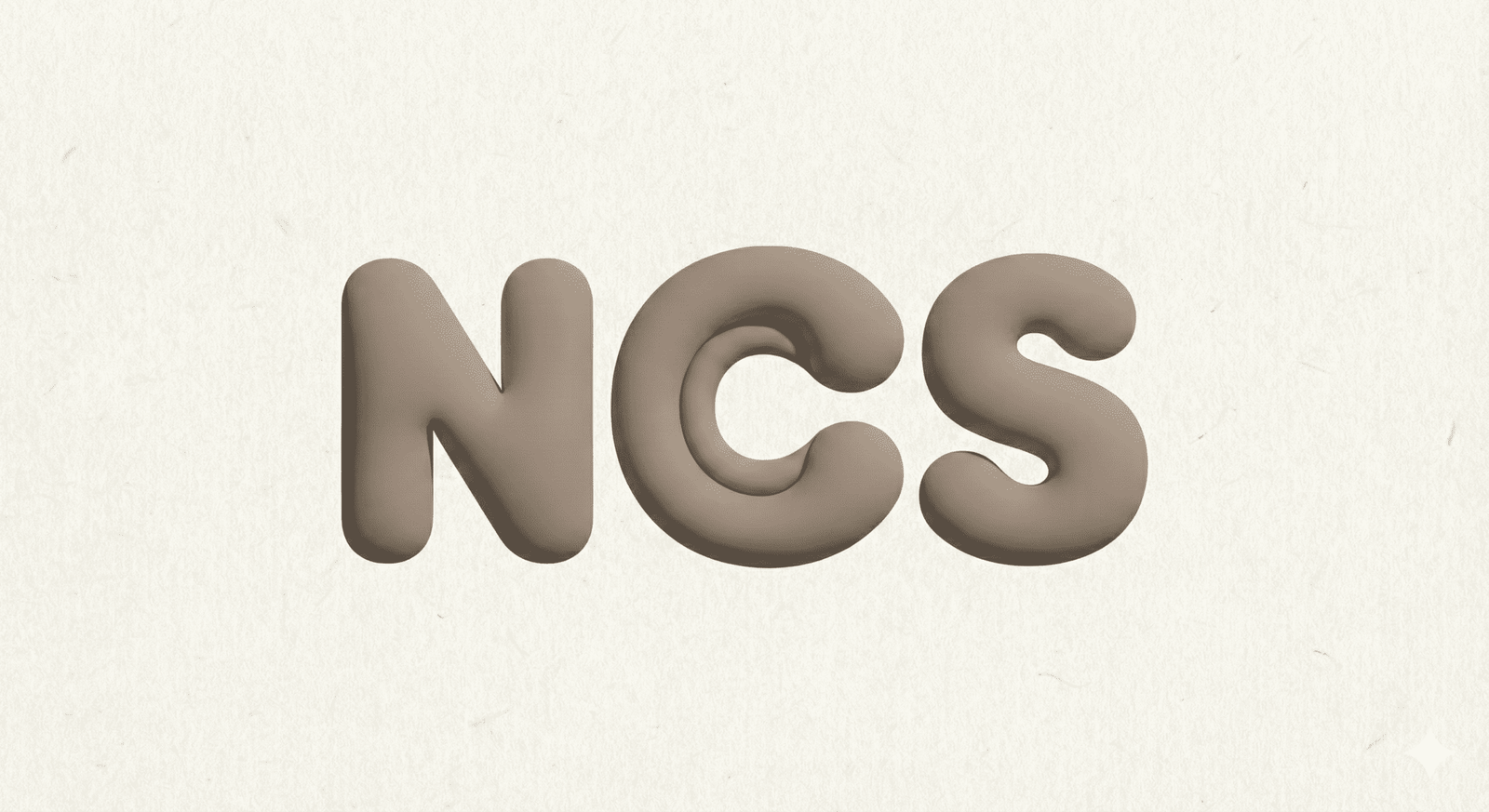South Africa’s slipper market is expanding, driven by demand for eco-friendly, fashionable, and affordable products1. For importers, sourcing from China provides access to low MOQs, OEM/ODM services2, and sustainable materials3 at competitive costs.
This guide introduces the Top 4 Chinese slipper manufacturers best suited for South African buyers in 2025, along with a detailed shipping and compliance handbook4 plus a practical FAQ section to help new importers understand the full process.
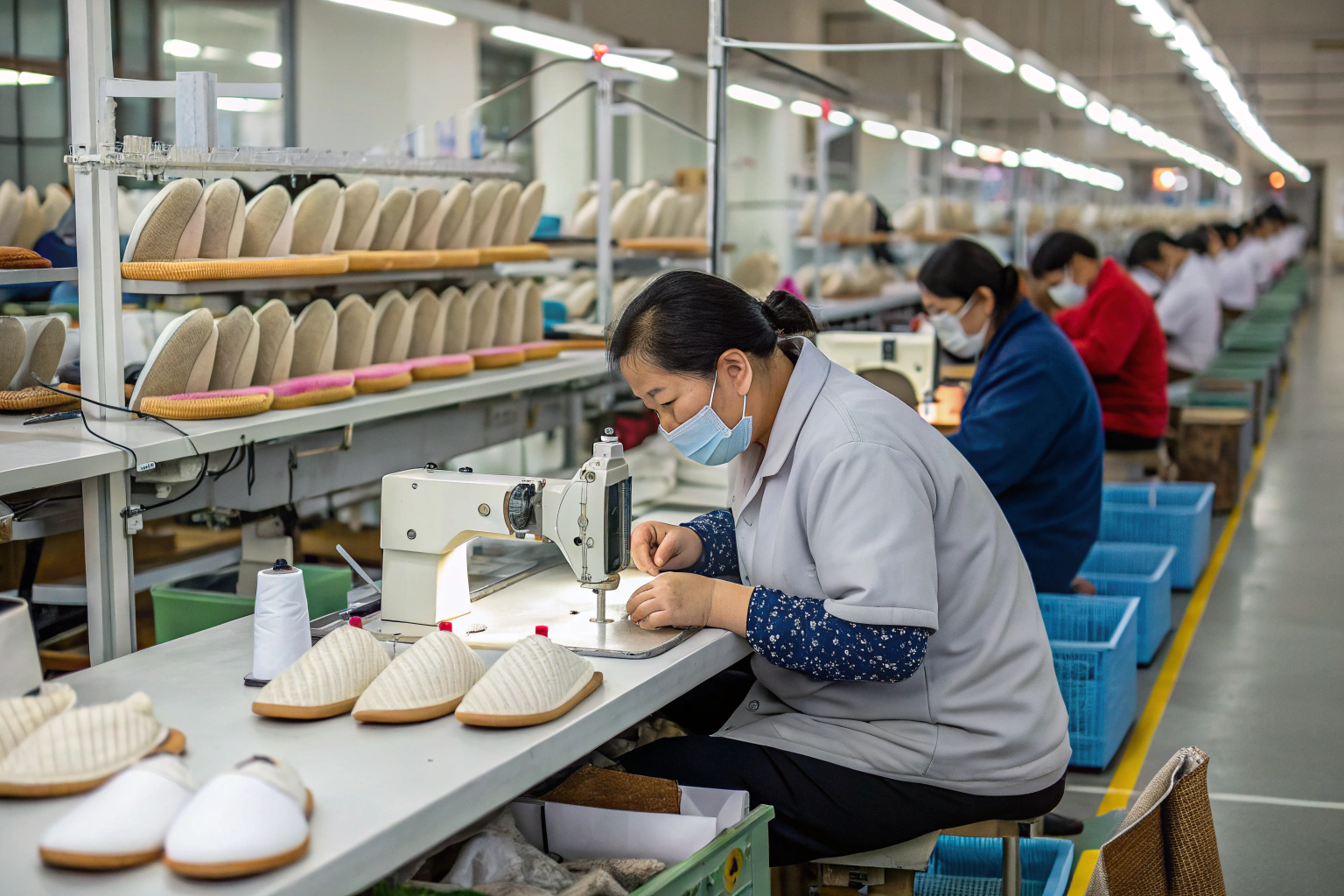
Comparison Table – Top 4 Slipper Manufacturers
| Manufacturer | MOQ | Key Materials | Certifications | Lead Time | Export Markets | Notes |
|---|---|---|---|---|---|---|
| Ningbo Cotton Slipper Co., Ltd. | 500–1000 pairs | rEVA, rPET, bamboo fiber, organic cotton, cork, FSC packaging | ISO9001, ISO14001, BSCI, GRS | Stock 24h, bulk 30–45 days | UAE, Australia, Japan, Korea, Canada | Eco-friendly focus, strong OEM/ODM, ideal for SA importers |
| Cixi Jianfang Shoe Factory | ~1000 pairs | Cotton, bamboo indoor slippers | Basic OEM | 30–40 days | Asia, Middle East | Affordable natural slippers, entry-level supplier |
| HYD SHOES | ~1000 pairs | Fashion & house slippers | OEM | 30–45 days | Middle East, Europe | Trend-driven, suitable for e-commerce |
| MYCHONLY | ~800–1200 pairs | Synthetic & fabric slippers | OEM | 30–40 days | Asia, Africa | Custom service, private label packaging5 |
Factory Profiles
1. Ningbo Cotton Slipper Co., Ltd.
Ningbo Cotton Slipper Co., Ltd. is a leading eco-friendly slipper manufacturer in China, offering MOQs as low as 500 pairs for simple styles and 1,000 pairs for complex designs. With a monthly capacity of 600,000 pairs and 50,000–60,000 pairs in stock, the factory can deliver 24-hour shipments for in-demand models.
Its core strength is sustainable production: rEVA (≥20% recycled), GRS-certified rPET fabrics (100D/150D), bamboo fiber (200–250g/m²), GOTS-certified organic cotton, FSC-certified cork soles, and eco-packaging. Certified by ISO9001, ISO14001, BSCI, and GRS, the factory is a trusted partner for South African buyers. Fast OEM/ODM services2, private label packaging5, and quick sample turnaround make Ningbo Cotton Slipper Co., Ltd. the top choice for importers targeting eco-conscious consumers.
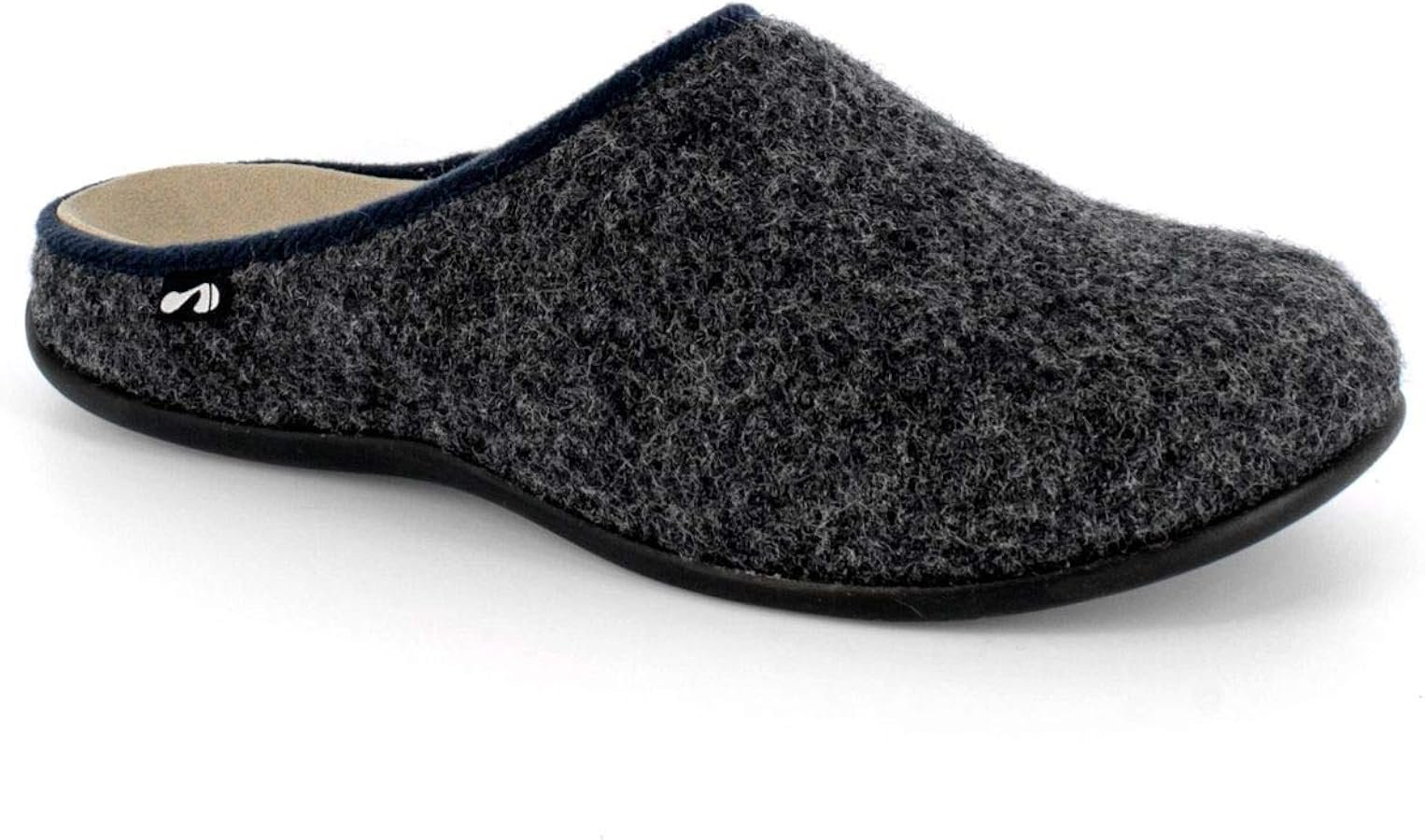
2. Cixi Jianfang Shoe Factory
Cixi Jianfang Shoe Factory focuses on cotton and bamboo slippers, serving buyers who want natural material options. MOQ is ~1,000 pairs, with production times of 30–40 days. While customization is limited compared to larger suppliers, Jianfang offers consistent, low-cost indoor slippers. For South African distributors, it’s a budget-friendly entry point for basic slipper imports.
3. HYD SHOES
HYD SHOES is a fashion slipper and house slipper manufacturer that emphasizes OEM customization. MOQ is ~1,000 pairs, with 30–45 days production. Known for trend-focused styles, HYD exports to the Middle East and Europe, making it suitable for South African e-commerce stores and boutique retailers seeking stylish, seasonal footwear.
4. MYCHONLY
MYCHONLY provides synthetic and fabric slippers with an emphasis on customization and private label packaging5. MOQ is 800–1,200 pairs, lead time 30–40 days. The factory is popular among small-to-mid sized importers, offering flexibility in design, branding, and packaging. This makes it a good fit for South African buyers aiming to create differentiated retail lines.
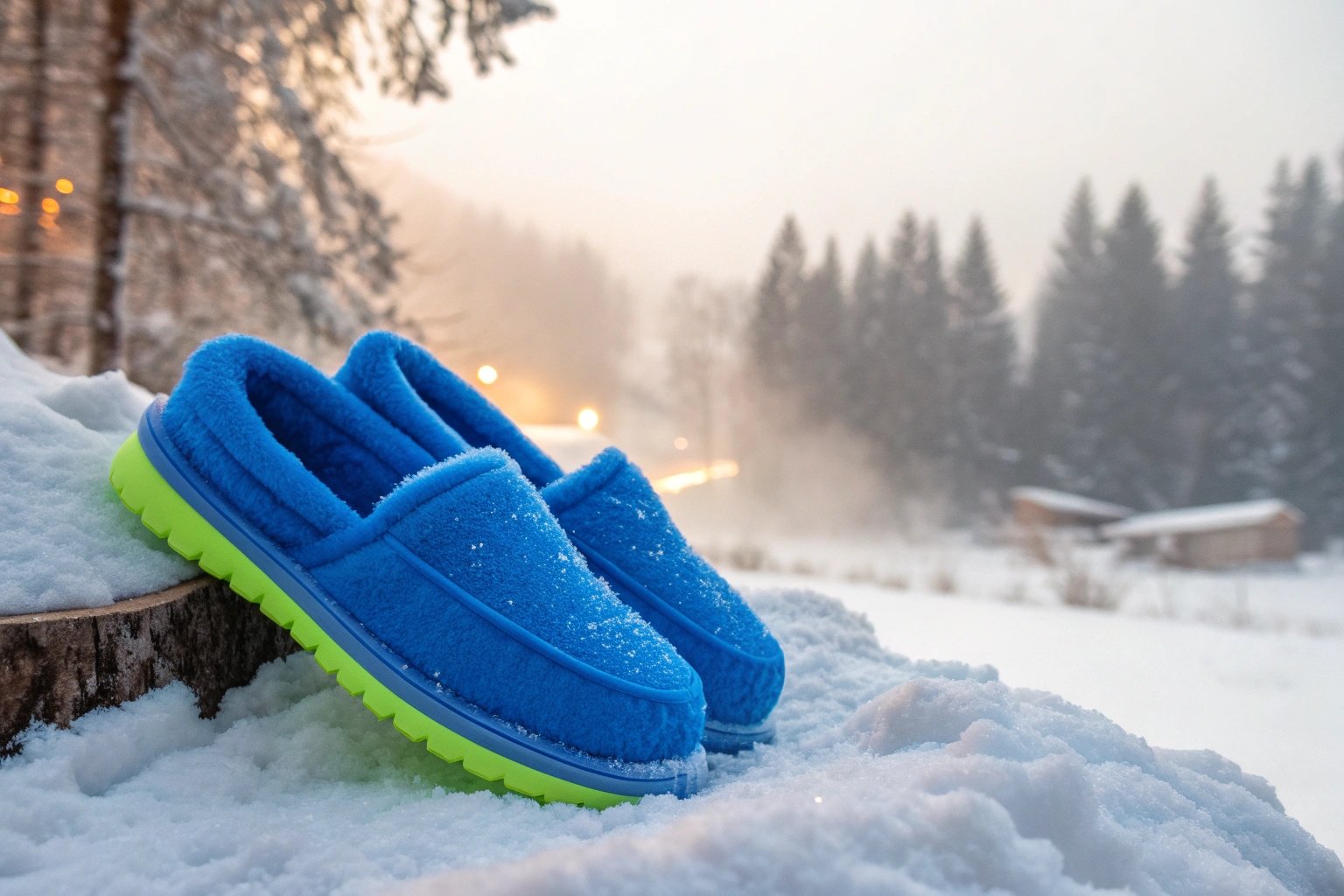
🚢 Shipping & Compliance Guide – South Africa
📍 Main Ports of Entry
- Durban Port6 – largest port, ~60% of container traffic, gateway to Johannesburg & inland.
- Cape Town Port – covers Western Cape distribution.
- Port Elizabeth (Ngqura) – alternative for Eastern Cape, automotive & retail goods.
- Johannesburg Dry Port (City Deep) – inland clearance hub via rail from Durban.
⛴️ Shipping Options
- Sea Freight (FCL/LCL): 25–35 days from Ningbo/Shanghai to Durban. Best for bulk.
- Air Freight: 5–7 days. High cost (~USD 6–10/kg) but good for urgent shipments.
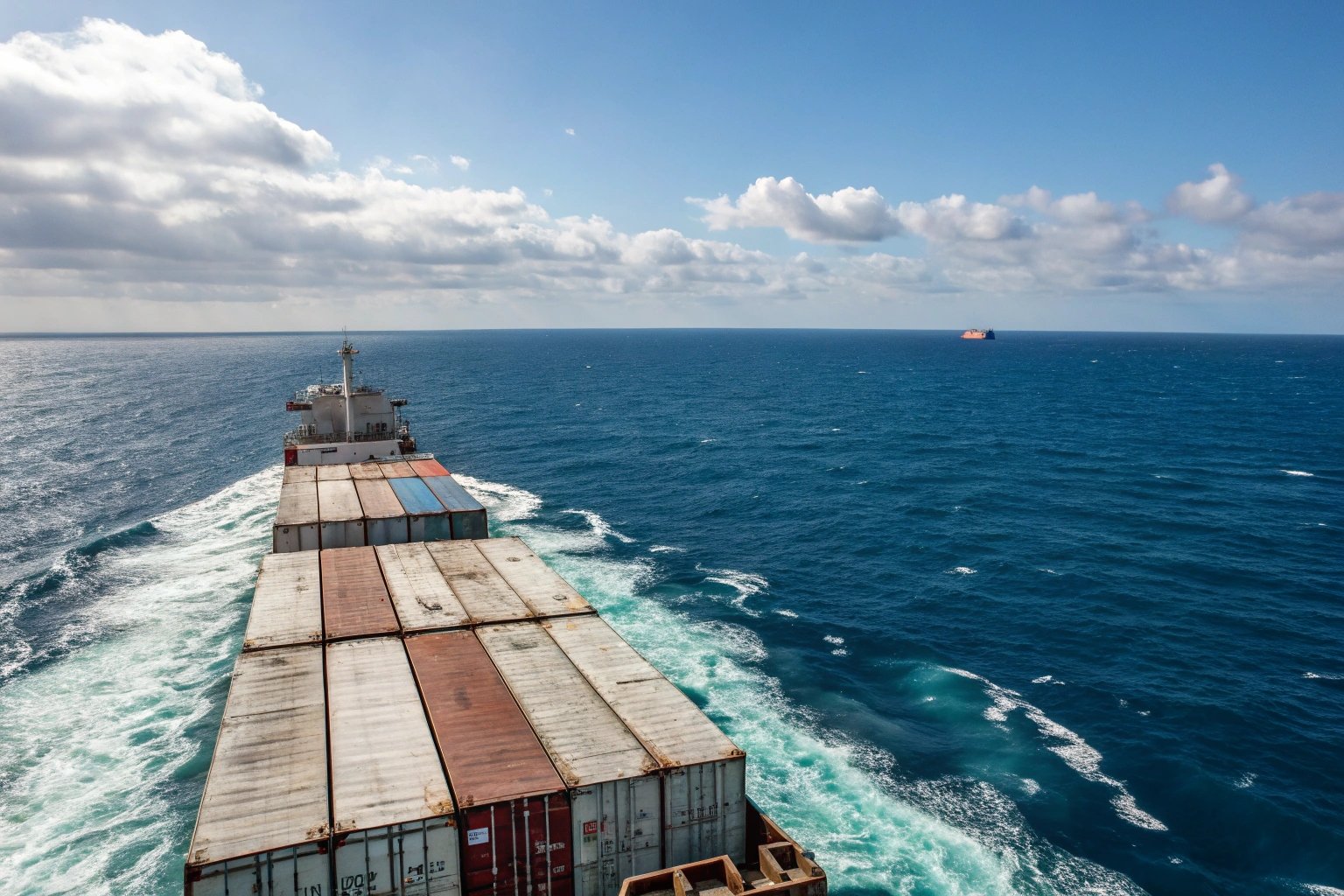
📑 Required Documents
- Commercial Invoice (with HS Code, FOB/CIF terms)
- Packing List (detailed cartons, weights, sizes)
- Bill of Lading (B/L) or Air Waybill
- Certificate of Origin (Form E if available)
- SARS Importer Code7 (mandatory)
- Import Permit (if restricted, slippers usually not restricted)
- Test Certificates (eco claims like GRS, GOTS, FSC8)
📦 Packaging & Labeling
- English labeling required.
- “Made in China” marking mandatory.
- Care labels for textile slippers recommended.
- Eco-friendly packaging increasingly valued (FSC boxes, biodegradable bags).
💰 Duties & Taxes
- VAT: 15% on CIF + duty.
- Import Duty: 20–30% depending on HS code (common: 6404, 6405).
- Total Landed Cost: FOB + freight + duty + VAT. Always confirm HS code with broker.
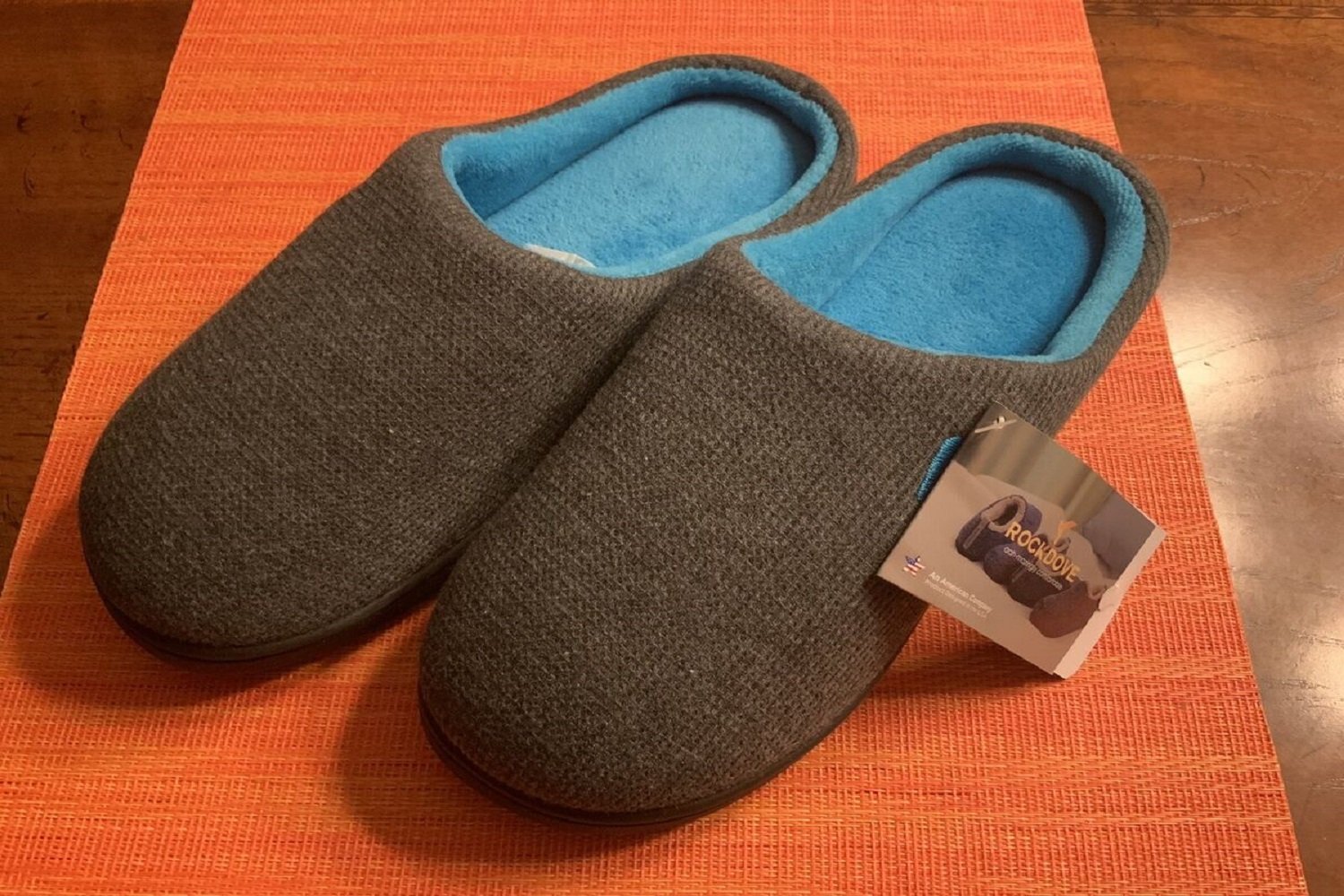
⚠️ Common Pitfalls
- Wrong HS code → penalties.
- Missing SARS Importer Code7 → goods stuck.
- Customs delays → add 3–5 days buffer.
- Incorrect packaging labels → extra rework costs.
- Storage fees at Durban rise quickly if >7 days clearance.
❓ FAQs – South Africa Buyers
Q1: What is the MOQ for South African importers?
A: Starting at 500 pairs (basic styles) from Ningbo Cotton Slipper Co., Ltd.; others ~800–1,200 pairs.
Q2: Can I mix colors and sizes in my order?
A: Yes. Example: 500 pairs order can include 5 colors × 100 pairs each, with standard size runs.
Q3: How do I calculate landed cost?
A: CIF Durban + duty (20–30%) + VAT (15%). A 20ft container (8,000–10,000 pairs) costs ~USD 1,000–1,400 freight.
Q4: What’s the total lead time including production + shipping?
A: 30–45 days production + 25–35 days sea freight9 + 3–7 days clearance = 65–85 days.
Q5: Do I need a SARS Importer Code7?
A: Yes, mandatory for all registered importers in South Africa.
Q6: What certifications matter most?
A: ISO9001, BSCI for quality & ethics; GRS, GOTS, FSC for eco-materials.
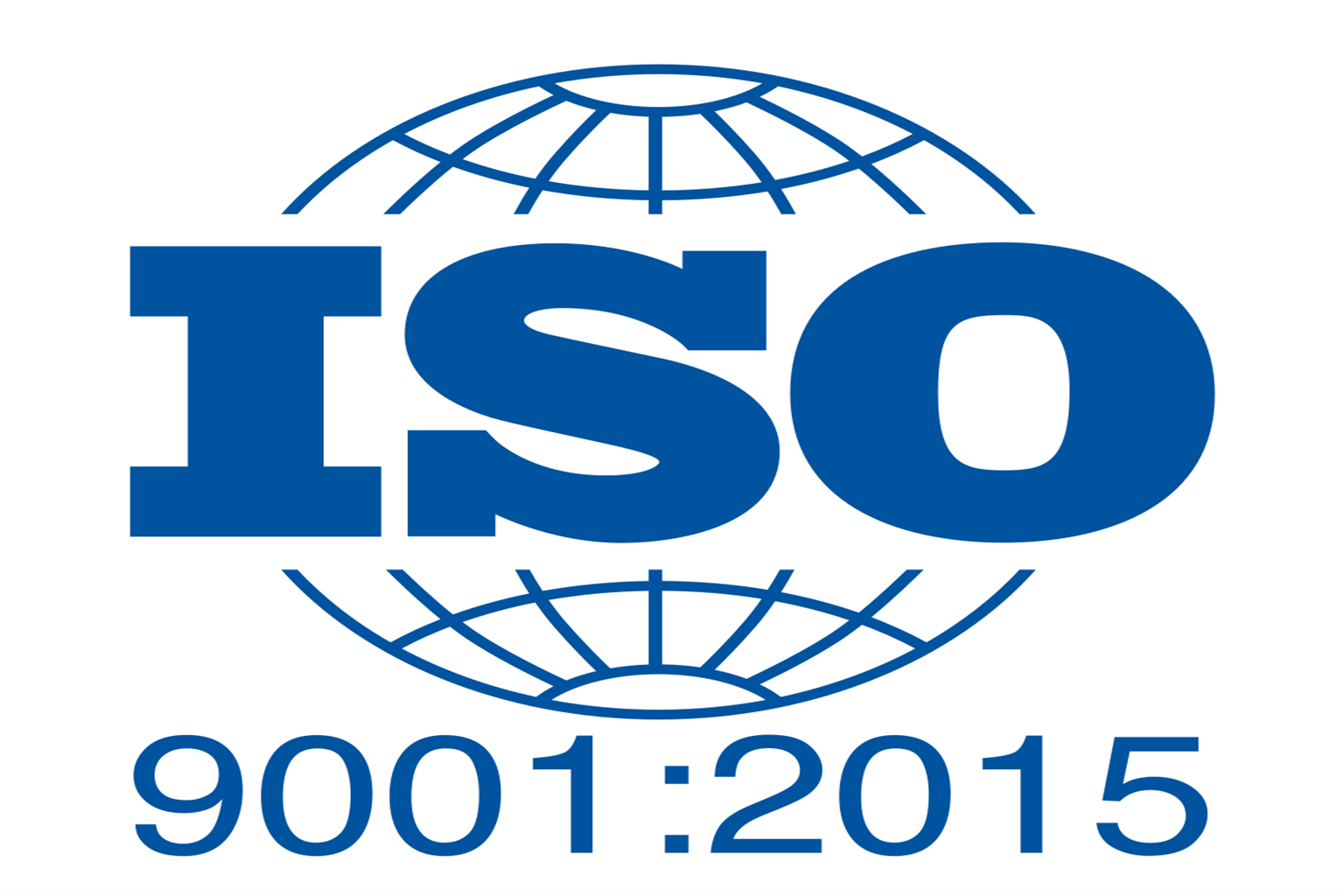
Q7: How can I avoid customs delays10?
A: Correct HS code, complete docs, and licensed clearing agent.
Q8: Can I request private label packaging5?
A: Yes. Ningbo Cotton Slipper Co., Ltd. and MYCHONLY specialize in custom packaging and eco-friendly options.
Q9: What payment terms are common?
A: 30% deposit, 70% balance. Large buyers may use LC.
Q10: Is there demand for eco-friendly slippers in South Africa?
A: Yes, especially in urban centers and tourist markets. Bamboo, rPET, and organic cotton slippers are gaining traction.
Conclusion & Call to Action
South African importers seeking eco-friendly, low-MOQ, and customizable slippers will benefit from sourcing directly from China. Among the top options, Ningbo Cotton Slipper Co., Ltd. stands out for its sustainable materials3, low MOQ, fast shipping, and global certifications.
👉 Contact us today to request samples, price lists, and private label solutions designed for the South African market.
-
Explore how eco-friendly products can enhance your brand’s appeal and meet consumer demand. ↩
-
Understand how these services can provide customization and branding opportunities for your products. ↩ ↩
-
Discover the importance of sustainable materials in reducing environmental impact and attracting eco-conscious consumers. ↩ ↩
-
Find out how a comprehensive handbook can streamline your import process and ensure compliance. ↩
-
Explore how private label packaging can help differentiate your products in the market. ↩ ↩ ↩ ↩
-
Learn why Durban Port is crucial for importers and how it affects shipping logistics. ↩
-
Learn about the necessity of a SARS Importer Code for smooth import operations in South Africa. ↩ ↩ ↩
-
Discover how these certifications can enhance your product’s credibility and marketability. ↩
-
Explore the cost-effectiveness and efficiency of sea freight for bulk shipments. ↩
-
Understand common causes of customs delays and strategies to mitigate them. ↩
